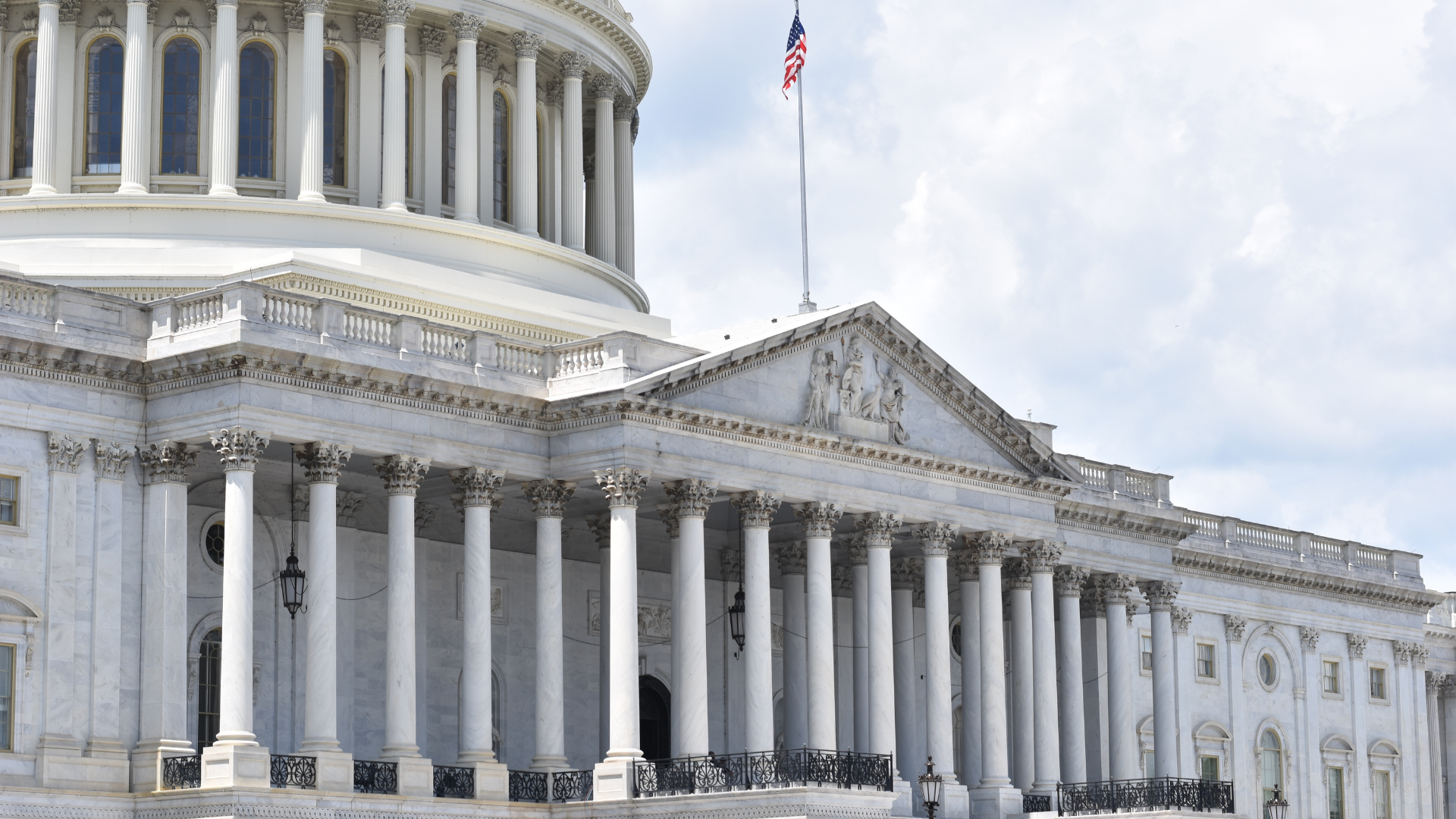For an in-depth look at this topic and other E-2 Visa strategies, register for WR Immigration’s Jan. 19, 2023, webinar.
By Joey Barnett, Partner, WR Immigration
On December 15, 2022, Congress substantially changed E Visa eligibility, in particular for those who have used Citizenship by Investment program of countries to acquire citizenship in a treaty visa country. It appears President Joe Biden will pass this provision into law by end of year as part of the James M. Inhofe National Defense Authorization Act for Fiscal Year 2023.
Now, an E visa applicant must be domiciled in that country of citizenship for “a continuous period of not less than 3 years at any point before applying for an E nonimmigrant visa.” 8 U.S.C. 1101(a)(15)(E), which defines the E visa class, now states (with emphasis on the new provision):
An alien entitled to enter the United States under and in pursuance of the provisions of a treaty of commerce and navigation between the United States and the foreign state of which he is a national, or, in the case of an alien who acquired the relevant nationality through a financial investment and who has not previously been granted status under this subparagraph, the foreign state of which the alien is a national and in which the alien has been domiciled for a continuous period of not less than 3 years at any point before applying for a nonimmigrant visa under this subparagraph, and the spouse and children of any such alien if accompanying or following to join him; (i) solely to carry on substantial trade, including trade in services or trade in technology, principally between the United States and the foreign state of which he is a national; (ii) solely to develop and direct the operations of an enterprise in which he has invested, or of an enterprise in which he is actively in the process of investing, a substantial amount of capital.”
This residency requirement does not apply to individuals who has previously been granted E nonimmigrant status.
WR Immigration Partner Joey Barnett will be discussing this important new requirement and other E-2 treaty visa issues with Patrick Findaro of Visa Franchise on January 19, 2023. Register now>>
He will also be on WR Immigration’s next edition of “Chatting with Charlie Oppenheim” on January 10, 2023 to discuss the EB-5 Investor Visa Outlook for 2023. Register now>>


